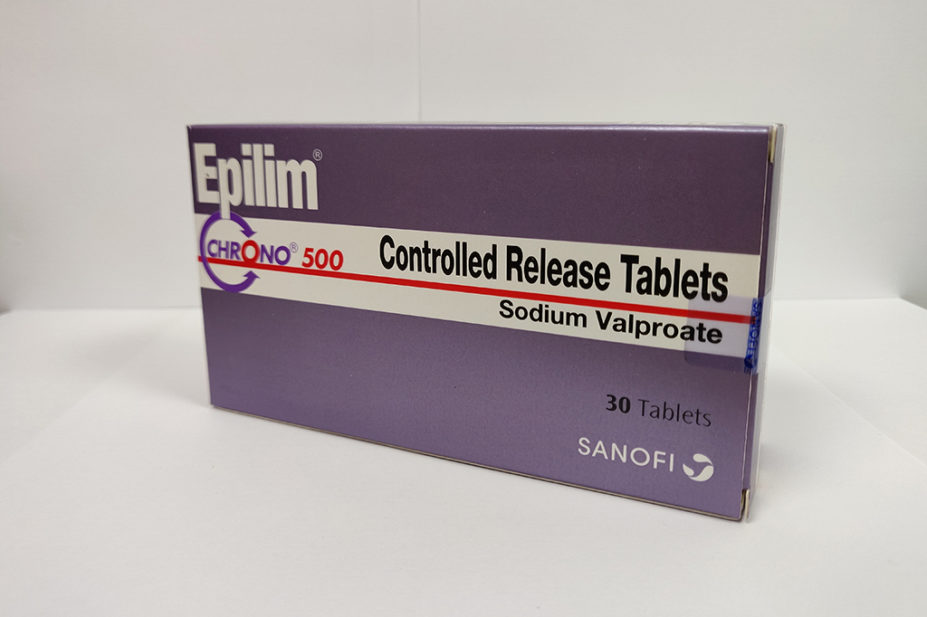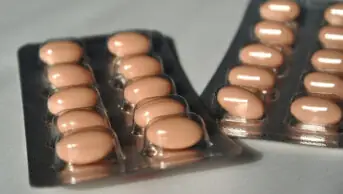
Shutterstock.com
Safety measures to ensure that no one is initiated on sodium valproate without the approval of two specialists, due to be introduced later in 2023, could have a “negative impact” on patients, according to meeting minutes.
Minutes from a November 2021 meeting of NHS England’s Valproate Safety Implementation Group (VSIG), obtained by The Pharmaceutical Journal via a freedom of information request, include brief details of discussions about the new safety measures, announced by the Medicines and Healthcare products Regulatory Agency (MHRA) in December 2022, following advice from the Commission of Human Medicines (CHM).
Under the new safety measures that will be introduced “over the coming months”, the CHM advised that no patient, male or female, under the age of 55 years should be initiated on sodium valproate unless two specialists have independently considered and documented that there is no other effective or tolerated treatment.
And, for patients aged under 55 years who are currently receiving valproate, two specialists should independently consider and document that there is no other effective or tolerated treatment, or the risks of the medication do not apply.
A document announcing the measures, published by the MHRA on 12 December 2022, said that the CHM advised that these measures should apply to people aged under 55 years because this is the age group most likely to be affected by the risks of valproate.
Valproate can cause birth defects in unborn children when taken during pregnancy, as well as possible impaired fertility in males, although this may be reversible upon discontinuation.
However, the VSIG meeting minutes highlighted that the new measure could have a “negative impact” on patients and that “their perspective should be taken into account”.
“Reducing prescribing is important, rather than limiting access to those who need it,” the minutes continued.
VSIG was established to coordinate a programme of work to reduce the use of valproate in people who can get pregnant by 50% by 2023, and to help prevent unplanned pregnancies in this group of patients.
The charity Epilepsy Action raised concerns about the impact of the new measures at the time they were announced, saying that more detail on how they would work in practice was “urgently” needed.
“At a time when the NHS is under more pressure than ever, we are concerned about the challenges people with epilepsy will face in getting opinions from two different clinicians, particularly if valproate is the only effective drug in managing their seizures,” said Alison Fuller, director of health improvement and influencing at Epilepsy Action.
“The proposed new measures will also mean men with epilepsy under the age of 55 [years] are required to undergo a full review prior to the prescribing of valproate. However, we are still waiting to understand the full body of evidence behind these restrictions and its potential impact.”
Fuller added that she was “concerned” that the new guidelines had come without adequate consultation from people with epilepsy and how they will impact on people’s treatment.
A spokesperson for the MHRA said that, to advise on the safe implementation of the new measures, the CHM had established the Valproate Implementation Group with stakeholders from across the healthcare system.
“To ensure ongoing patient care is not disrupted, the CHM Valproate Implementation Group advised that the new valproate safety measures should be introduced into patient care through a phased programme, currently under development according to patient safety priorities,” they said.
“This approach formed part of the announcement in December [2022].”
The announcement in December 2022 stated that the phased programme would be developed in collaboration with healthcare bodies across the UK, to ensure ongoing patient care was not disrupted.
No further details have been released since the measures were first announced.
1 comment
You must be logged in to post a comment.



It's very interesting that when it becomes apparent that sodium valproate may have a reversible effect on male fertility the CHM advises that there should be greater scrutiny of the way valproate is prescribed and that further risk minimisation measures are required. Scandalous this situation has drag on for years effecting the lives of the pregnant women, the mother of the child and the child itself.